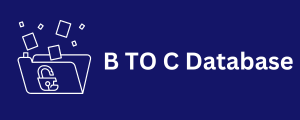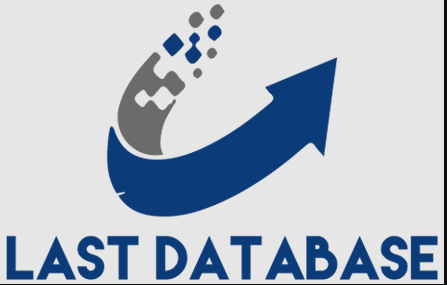Businesses can authenticate their emails to improve deliverability and establish trust with email service providers. Email authentication verifies the authenticity and integrity of emails, reducing the chances of them being mark as spam or block. Here are several methods businesses can use to authenticate their email. Sender Policy Framework (SPF): SPF is an email authentication protocol that allows businesses to specify which IP addresses or domains are authorize to send emails on their behalf. By publishing SPF records in their domain’s DNS settings, businesses can verify to receiving servers that the email is sent from an authorized source. SPF helps prevent email spoofing and improves deliverability by demonstrating that the sender is legitimate.
DKIM Is An Email Authentication Method
That uses digital signatures to verify the integrity and authenticity of the email. It involves adding a digital signature to the email’s header using a private key stored on the sender’s server. The recipient’s server then Ukraine WhatsApp Number List verifies the signature using the public key stored in the sender’s DNS records. DKIM ensures that the email content has not been tampered with during transit and helps build trust with email service providers. Domain-based Message Authentication, Reporting, and Conformance (DMARC): DMARC is an email authentication protocol that combines SPF and DKIM. It allows businesses to set policies on how receiving servers should handle emails that fail authentication checks. DMARC enables businesses to specify actions like quarantine or reject for failed emails, and it provides reporting mechanisms for monitoring email authentication results.
Implementing DMARC Helps Businesses Protect
Therefore, Their domain reputation and improve deliverability. Sender ID: Sender ID is an email authentication protocol develop by Microsoft. It validates the origin of the email. By comparing the sending IP address with the authorized IP addresses listed in the DNS records. Although not as widely used as SPF and DKIM, Sender ID can still contribute to B2C Database improving email deliverability, particularly for recipients using Microsoft email services. Bounce handling and Feedback Loops: Implementing proper bounce handling mechanisms is essential for email authentication. Soft bounces and hard bounces should monitor and manage to maintain a good sender reputation. Additionally, subscribing to Feedback Loops (FBLs) provided by major email service providers. Allows businesses to receive notifications when recipients mark their emails as spam.







